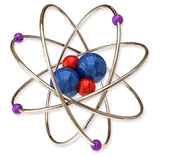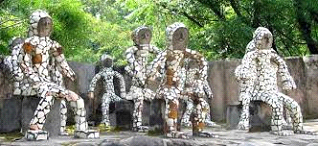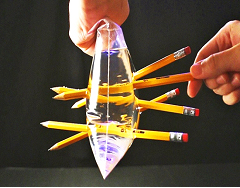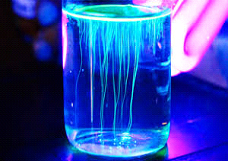INTRODUCTION
Research at the cutting edge of science and technology requires a special blend of organizational design, human resource management, and institutional strategy. Capitalizing on decades of research experience, FUTURE SMART offers a comprehensive set of tools and capabilities to build, manage, and evaluate R&D programs in schools.
The Researcher Development Program is designed to equip students and with a full range of skills which will improve their effectiveness as researchers, and ensure that they are not only highly qualified but employable in a variety of careers.
THERE IS A NEED
Practical knowledge is the best way to gain knowledge. The best part is that whatever is learnt by doing remains in the brain for a long period. Practical education is the actual way of learning. In practical education we learn the facts in interesting manner which makes learning a joyful experience.
The importance of practical work in science is widely accepted and it is acknowledged that good quality practical work promotes the engagement and interest of students as well as developing a range of skills, science knowledge and conceptual understanding.
Today our education system needs a practical approach, therefore there should be more emphasis on practical knowledge .It can give the best exposure of learning as practically sound students have better chances in succeeding later in life.
BENEFITS FOR STUDENTS
By 'practical work' we mean tasks in which students observe or manipulate real objects or materials or they witness a teacher demonstration.
Practical work can:
Motivate pupils, by stimulating interest and enjoyment
Teach laboratory skills
Enhance the learning of scientific knowledge
Give insight into scientific method and develop expertise in using it
Develop 'scientific attitudes', such as open-mindedness and objectivity
Practical work to develop students’ scientific knowledge is likely to be most effective when:
The learning objectives are clear, and relatively few in number for any given task;
The task design highlights the main objectives and keeps ‘noise’ to the minimum;
A strategy is used to stimulate the students’ thinking beforehand, so that the practical task is answering a question the student is already thinking about.
HIGHLIGHTS OF THE PROGRAM
We provide students with the SCIENCE EXPERIMENT KITS ,based on the curriculum they are following and some other cool science projects too. Most of the material used in these kits is reusable for years.
Kits arranged according to class, topics and experiments for the ease of students and teachers.
Our program includes two TYPES OF ACTIVITIES Core activities: (Investigations, laboratory procedures and techniques, and fieldwork. These ‘hands-on’ activities support the development of practical skills, and help to shape students’ understanding of scientific concepts and phenomena.)
Directly related activities: (Teacher demonstrations, experiencing phenomena, designing and planning investigations, Analysing results, and data analysis . These are closely related to the core activities and are either a key component of an investigation, or provide valuable first-hand experiences for students.)


Our one of a kind WONDERS FROM WASTE program(inspired from ROCK GARDEN) ,which is an initiative to motivate students to make wonderful things from the waste material in their school and home.
ENVIRONMENT PROBLEMS( such as Global warming, Environment pollution ,need for Alternative source of energy) presented as challenges for students to come up with their own innovative solutions which are the need of the world at this moment.
GETTING PRACTICALThe aims of this program are to improve the:
Clarity of the learning outcomes associated with practical effectiveness and impact of the practical work;
Sustainability of this approach for ongoing improvements;
Quality rather than the quantity of practical work used



MAGIC OF SCIENCE program which connects science to everyday activities. It will let student experience the magic in everything around them. Many cool science tricks for our science magicians !
HANDS ON - BRAINS ON ACTIVITIES These activities enable students to build a bridge between what they can see and handle (hands-on) and scientific ideas that account for their observations (brains-on). Making these connections is challenging, so practical activities that make these links explicit are more likely to be successful .
CURRICULUM
Science experiments based on
Physics
Chemistry
Biology
according to the classes ,syllabus and theme
Experiments beyond the books to enhance critical thinking and creativity in students.
Theory preceded by experiments to make learning a joyful and memorable experience !